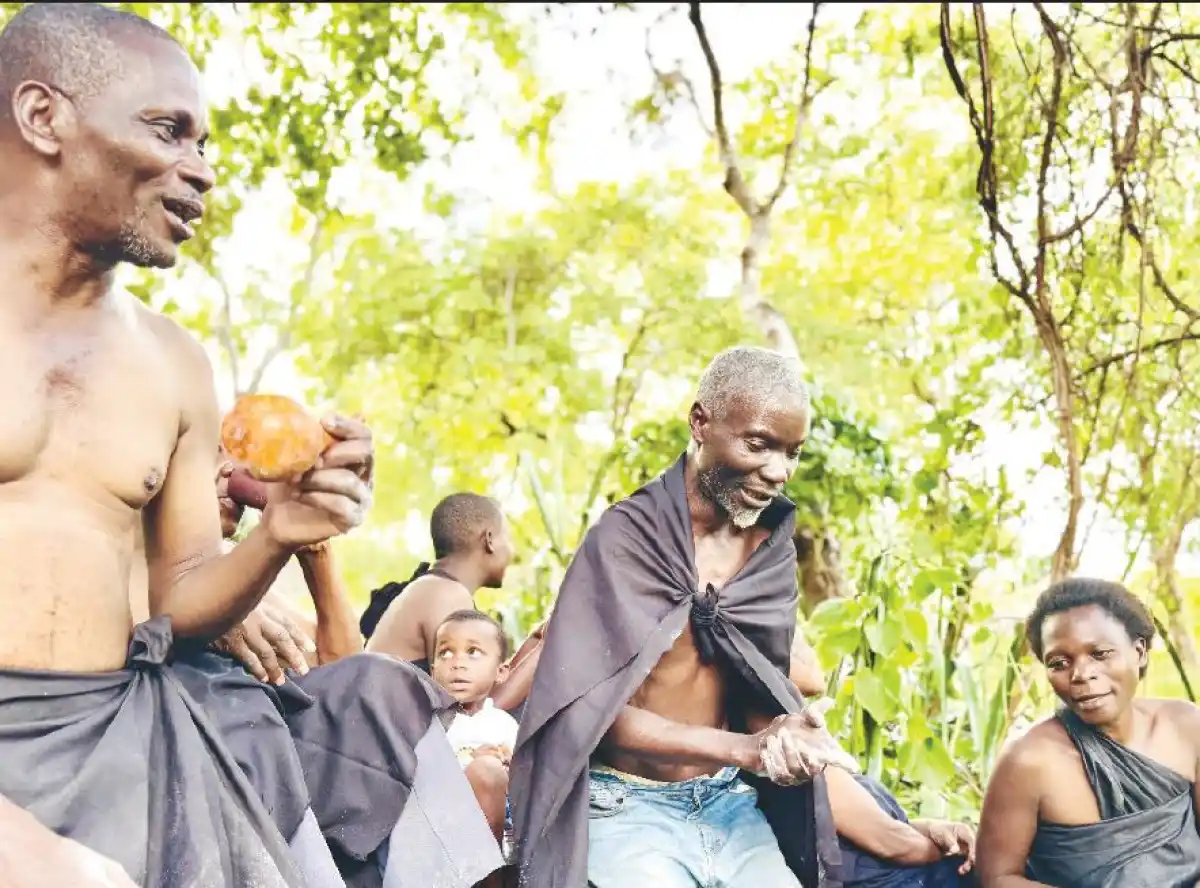
Lost History Foundation, in partnership with Chipembedzo Cha Makolo Achikuda, on Monday poured an emergency libation at Namiwawa in Blantyre City.
The emergency libation was aimed at seeking protection amidst Cyclone Chido, which landed in the country before making an exit on Monday.
The Department of Disaster Management Affairs indicated yesterday that information gathered from councils indicates that the death toll from Cyclone Chido has risen to seven.
Dodma indicates, in a statement, that Kasungu, Machinga, Blantyre and Lilongwe recorded one death each.
Dodma Commissioner Charles Kalemba indicates that the death toll has risen from two.
“So far, 7,721 households (approximately 34,741 people) have been affected. The death toll has risen from two (as reported in our previous update dated 16th December 2024) to seven; with Salima registering three deaths whereas Kasungu, Machinga, Blantyre and Lilongwe Districts have each recorded one death.
Lost History Foundation Director of Research Paliani Chinguwo said yesterday that the emergency libation was necessary to connect humanity to the Creator and ancestors.
“Libation is a sacred act of appealing to the Creator and invoking the presence of ancestors for guidance, protection and intervention. The tradition of offering libation is not merely reactive; it is proactive,” Chinguwo said.
He described libation as an act that nurtures harmony among humanity, the spiritual realm and the natural world, averting potential troubles before they arise.
“The emergency libation that was held on Monday underscores the need for collective action and unity in the face of calamities.
“It demonstrates that spiritual solutions complement physical and scientific efforts in mitigating disasters,” Chinguwo said.
He said the sudden disappearance of Cyclone Chido from Malawi on Monday evening could be interpreted as a divine response to the prayers and libation that was poured to ancestors earlier on the same day.
“Spiritual practices like libation should be integrated into broader disaster response and preparedness strategies. They offer a sense of hope, resilience and emotional strength to communities facing uncertainty,” Chinguwo said.
He further said reconnecting with traditional practices such as libation fosters a sense of cultural pride and unity.
“This challenges the narrative that indigenous methods are outdated, proving their relevance in modern times. There is a need to educate and sensitise the public about the importance of traditional rituals such as libation,” Chinguwo said.
He said the act of libation teaches about reverence for nature and the spiritual interconnectedness of life.
“It reminds us of our duty to respect the environment and live in harmony with it, as our ancestors did,” Chinguwo said.








0 Comments